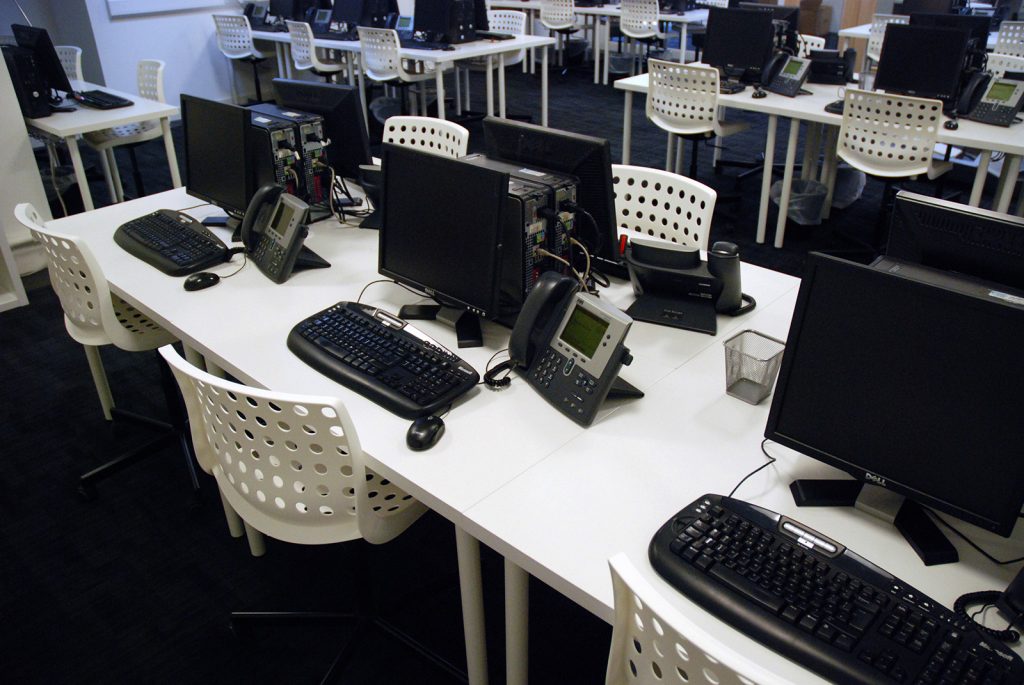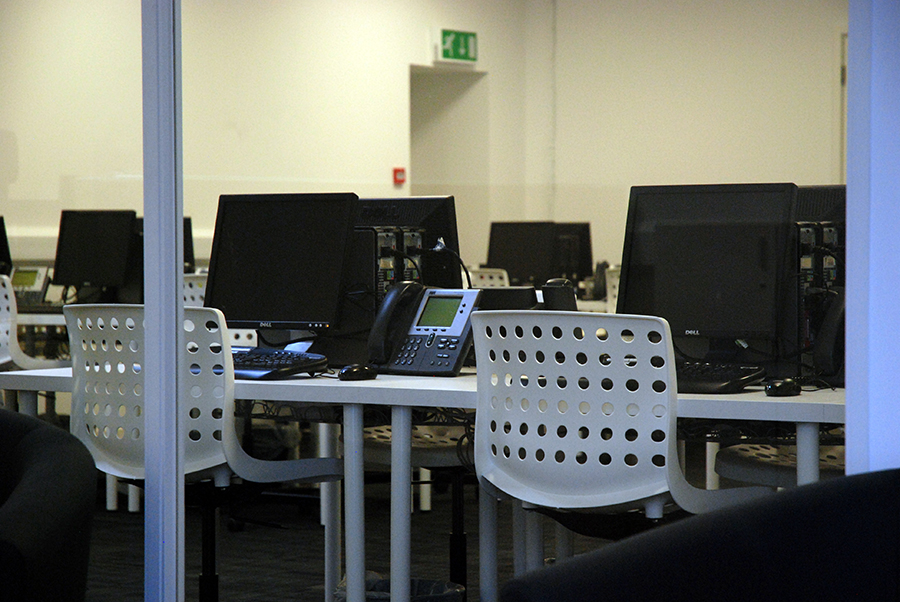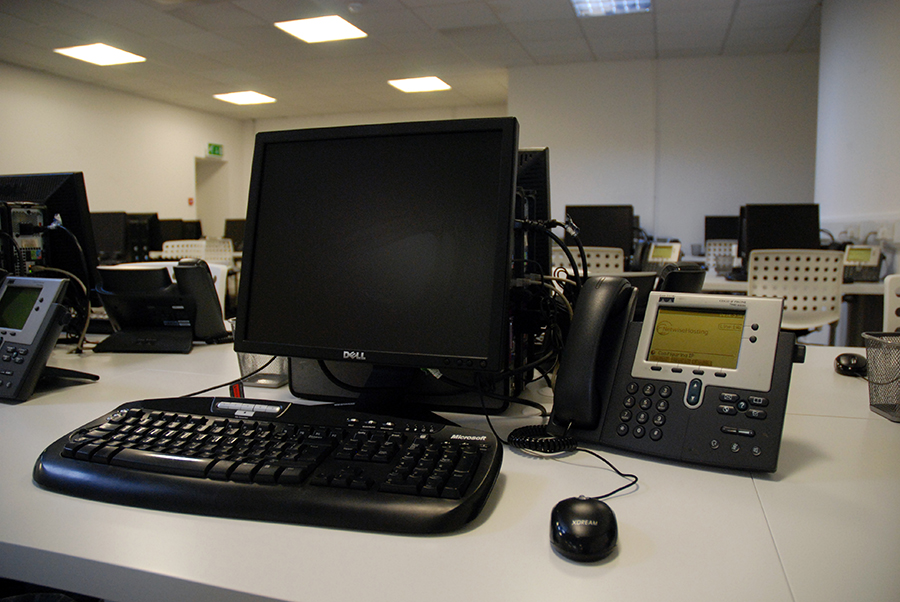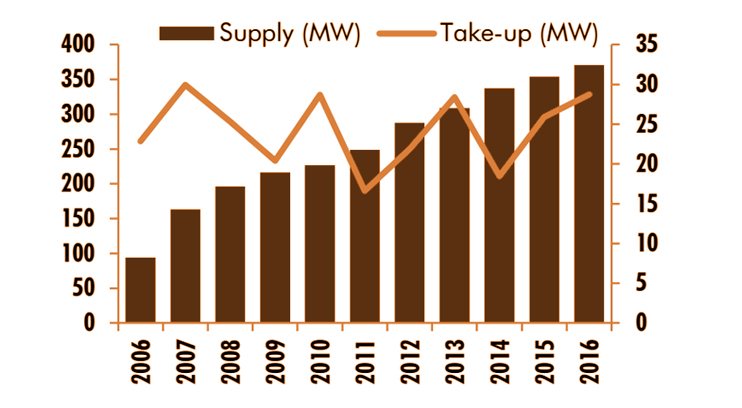
When business owners think of disaster recovery, more often than not they focus in on the most likely threats; flooding, fires, power cuts, and other common infrastructural issues.
Terrorism is often cited as an outside consideration for business continuity. After all, if you look at the raw statistics, it is a very unlikely occurrence. But when the UK endures three horrendous attacks in as many months, this is a topic that clearly deserves more attention.
The atrocities committed in London Bridge on Saturday 3rd June will be solemnly remembered for a long time here at Netwise, as will the awful attacks in Manchester and Westminster. The London Bridge attack hits particularly close to home for us, given our relatively close proximity to the area, and our regular use of Borough Market and the surrounding pubs for lunchtime meetings with our team.
Outside of the devastating loss of life, attacks such as the one in London Bridge really do serve to highlight the clear importance of reliable disaster recovery services for businesses up and down the country.
The knock-on effect of this economic impact is not likely a conscious consideration of the cowardly perpetrators, though it is a very real post-event consideration which adds dramatically to the gravity of their actions.
While many businesses are now fully on-board with the idea of outsourcing mission critical IT infrastructure to highly-resilient data centres, the physical side of business continuity is still an area often overlooked.
The knock-on effect
Failing to properly plan for an eventuality such as this can be devastating to any business. To further compound this, it also increases the effectiveness of the disruption and damage set in motion during the attack.
Outside of the horrific impact an attack like this has locally in the days following such an event, the ripple effect can be felt for much longer, with a far wider sphere of influence. Of course, this includes the economic impact caused through the disruption of business in the area.
The security cordon area in London Bridge and Borough Market contained hundreds of businesses, all of whom had limited or no access to their premises during this time. This cordon lasted several days – enough to cause serious disruption to businesses in the area.
We live in a time whereby these kind of considerations need to be taken seriously by all business owners. If action can be taken to lessen the impact of an event entirely out of your control, then it stands to reason that this is something that must be of critical importance.
Disaster recovery as a proactive counter-terrorism measure
London and the UK are clearly major global targets for this kind of terrorist activity, which is something we must work to combat on both a macro and micro level. Protecting your business against any loss of revenue incurred as a result of an event like this is to directly combat the impact this will have on the UK economy – no matter how small that contribution may be.
Having a business continuity plan in place, both for digital and physical operations, can be considered an effective, proactive counter-terrorist measure; one which any business can contribute towards.
To protect your business against the threat of a terror attack is perhaps the most valuable of all the DR advantages; particularly when operating in a major city. Not only does it present clear benefits to your own organisation, it also helps limit the damaging shock-wave effect an attack of this nature will have on the wider area.
Being able to carry on with ‘business as usual’ in the face of an atrocity such as the one felt in London Bridge is absolutely vital in minimising the social and economic impact this type of event will otherwise set in motion.
Naturally, this is a far cry from quenching the true source of the problem, but it is a proactive action that can be taken by organisations in dealing with the fallout from something as awful as a terror attack in a major UK city.
Disaster recovery for SMEs
Fully-featured business continuity planning has been a mainstay of banks and governments for decades, with private replica offices on standby for emergency use should something like this unfold. Likewise, larger corporations have also joined the physical DR revolution over the past ten years, making use of big-scale shared operations run by major serviced office operators here in the UK.
This service exclusivity has slowly been eroded over the past few years, with a number of operators (ourselves included) now delivering physical business continuity services for SMEs.
Long gone are the days of thousand-desk commits with the major DR service providers. We operate a dedicated Disaster Recovery Suite which can service single desks right through to entire run-of-suite operations, opening up this concept of protection to anyone and everyone.
Businesses of all shapes and sizes mould the economic landscape of the UK. It is commonplace for smaller, specialist organisations to be servicing some very large and important contracts, which puts extreme pressure on service and operational reliability, no matter what is happening outside. As such, it is no longer acceptable for any business to incur avoidable downtime, with DR services available at a per-desk level on a monthly service plan.
It is never too late to be thinking about your business continuity plan, and how this will safeguard your operations against any physical threat – acts of terror included.
Remember: good DR services should be close to your existing premises – for ease of use during an issue – but well outside of any hot-zones that would be considered a likely target for terrorist activities. Our London Central facility falls into this category; we are located in a quiet but easily accessible area between London Bridge and Bermondsey.
Learn more about our fully-serviced London disaster recovery suite.





